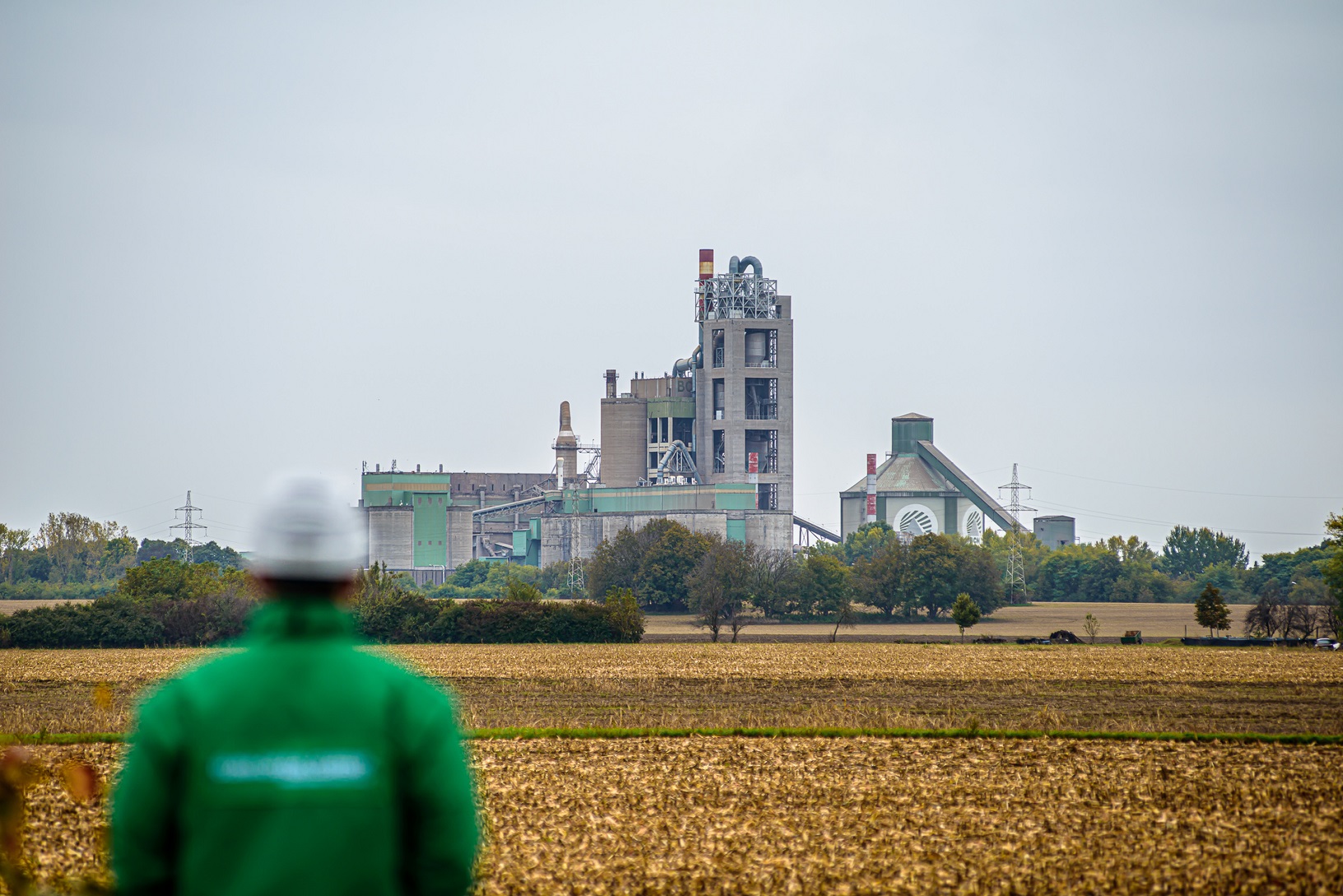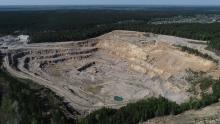
The leading data and analytics company notes that the increasing strength of headwinds and downside risks, such as raw material cost inflation and weakening investor confidence owing to the conflict in Ukraine, are expected to remain pertinent until at least 2023.

Joel Hanna, economist at GlobalData, comments: “Construction output data for March, the first release since Russia’s invasion of Ukraine, shows that output in the region weakened slightly, but the initial impact of the war on investor confidence, currency values, and the health of the project pipeline was not severe. However, the impact of the war on macroeconomic conditions is likely to intensify over the remainder of the year, causing significant disruption to the industry.”
There were month-on-month contractions in Hungary and the Czech Republic of 5.7% and 3.7%, respectively, while Romania and Slovakia recorded marginal contractions. Bulgaria and Poland managed to record a positive outturn, with output growing by 7.2% and 3.6%, respectively.
Hanna continues: “The short-term outlook for the industry has not been significantly dented. For example, the number of building permits issued in April rose from the previous month in Hungary, Poland and the Czech Republic, indicating an unexpected resilience in the level of new investment going into construction projects in the face of short and medium-term uncertainty caused by the war in Ukraine.”
GlobalData’s Construction Project Momentum Index showed an improvement in the health of the project pipeline in April following a severe downturn in the rate of progress on projects in the pre-execution phase in March. However, the full extent of the pressures on the industry may yet be realised.
Hanna concludes: “Despite this short-term buoyancy, the industry’s outlook for the year remains gloomy owing to the risks facing the industry remaining heavily on the downside.”










